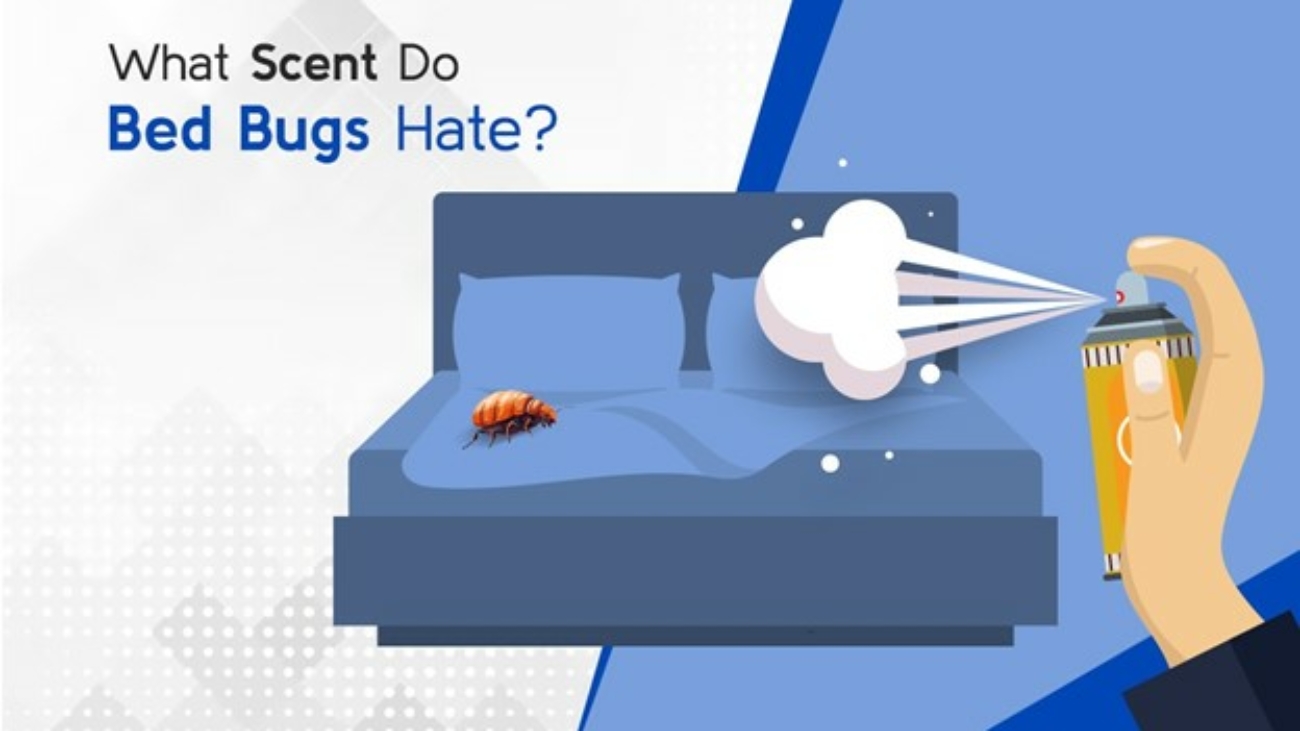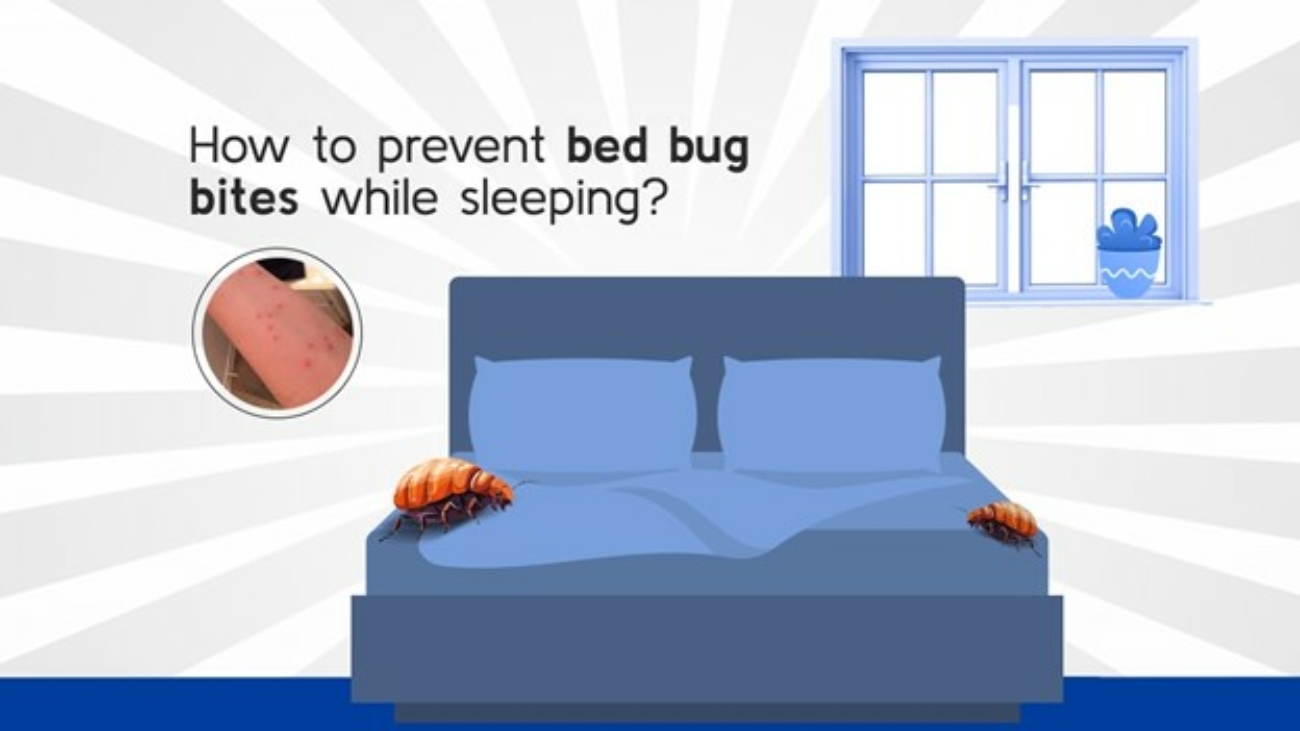Is it because your air conditioner fails to keep up with the scorching hot Singaporean heat, or perhaps you notice your energy bills shoot through the roof? If you’ve been searching for “AC service near me,” it’s essential to understand how vital regular ...
What Scent do Bugs Hate?
Have you been waking up to itchy bed bug bites that leave you scratching and sleepless? Or have you noticed mysterious skin rashes that seem to appear out of nowhere every morning? If so, you might be dealing with a bed bug infestation. Alarming news on 2 ...
How to Prevent Bed Bug Bites While Sleeping
Have you been suffering from itchy bed bug bites causing sleepless nights? Or have you noticed unexplained skin rashes when you wake up every morning? If so, you might be dealing with bugs in the bedroom. These pests are notorious for their stealthy behav ...




